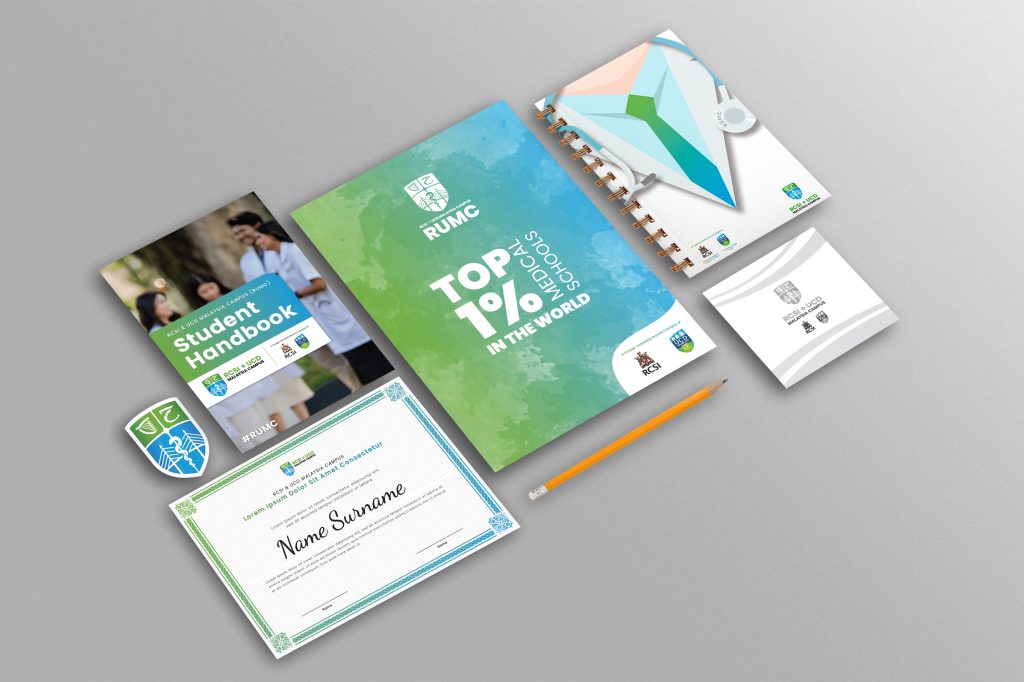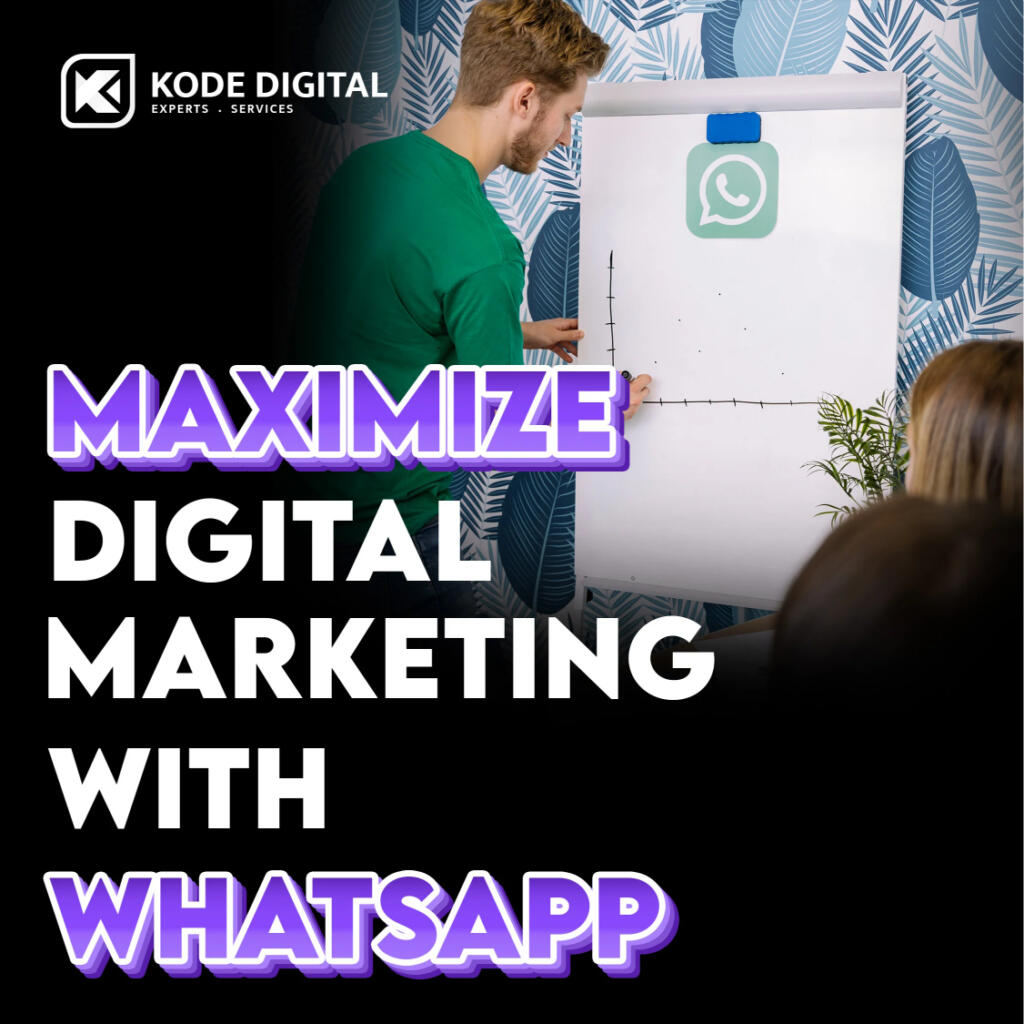Our top-tier consultancy services provide strategic guidance to elevate your entire digital presence.
Learn More
Contents
The world of marketing is changing. The digital landscape is evolving, and businesses are trying to keep up. The way that people buy and consume products is changing. People are more connected than ever and have access to a wealth of information about the products they want to purchase.
The way that products are sold is changing as well. Consumers are looking for more personalized experiences and want to feel like the businesses they deal with are transparent and honest. Brands are trying to connect with their customers and stand out from the crowd. To remain relevant in today’s fast-paced, increasingly digital world, businesses are turning to emerging technologies such as non-fungible tokens (NFTs).
What are NFTs?
NFTs, or non-fungible tokens, are a contemporary type of digital asset that is unique and can be transferred between users. They illustrate unique virtual assets, including collectibles, in-game items, artwork, and more. Since NFTs are non-fungible, they can have different values depending on the rarity level, user demand, and other factors.
How do they work?
Each NFT is unique and has its own set of characteristics. Understanding how NFTs work helps to think of them as a digital representation of an item or asset in the real world. This can be anything from a house to a painting to a rare collectible card game—anything with some uniqueness or value that makes it special. The idea behind NFTs is simple: they let you define those special qualities and then digitally represent them with a token that represents that uniqueness. They could even be considered digital certificates for all those unique items.
How can NFTs be used in digital marketing?
With the gradually increasing metaverse influence on businesses, it’s becoming easier to see how NFTs can play a significant role in revolutionizing the future of digital marketing. NFTs can be used in many ways within digital marketing, but these are some of the most impactful.
1. Develop brand awareness and loyalty.
NFTs are a great way to build brand awareness. They can be used in digital marketing to create a sense of scarcity and exclusivity, making consumers want to buy the product even more. This can be done through limited-edition NFTs or through creating scarcity by only allowing subscribers or followers to purchase them.
NFTS can even be used to create a unique online experience for users that makes them feel special and appreciated. By using NFTs in digital marketing, companies can help create a loyal following and community among consumers. This will help them build a strong brand and loyal customer base, which is very important for any business to succeed.
2. Drive traffic and expand audience reach.
NFTs can be used to drive traffic by encouraging users to take part in the NFT market of a business. Businesses can do this by offering discounts and other benefits for people who use their NFTs. They might even integrate the ability to buy their NFTs directly through their website. Businesses can also make it easier for people to buy their NFTs by offering them rewards for completing tasks on their platform.
Driving traffic can also be done by creating an incentive model that encourages users to promote their brands and products. They could do this by rewarding users with free NFTs if they share content related to theirs on social media or if they write reviews about their company’s products or services.
NFTs can even be used as part of a reward system for referring new customers—if someone refers someone else who then goes on to purchase something from the business, both parties will receive some token reward.
3. Create unique and engaging content.
NFTs are an excellent tool for creating unique and engaging content, which many businesses struggle with. Among the many ways that NFTs can be used to captivate an audience is through the creation of new NFTs that have never been seen before. This will help catch customers’ attention and keep them engaged with the product or service offered.
NFTs can be used to create unique quizzes or games based on the products or services. This will help create a more interactive experience for customers and increase their engagement with the offered product or service.
Alongside better customer engagement, NFTs provide the opportunity to create a sense of community around the brand. Creating unique and engaging content will also help businesses stand out from their competitors. This is because the first business to make a new NFT will be able to capture customers’ attention, who will then be eager for more.
Brands using NFTs
Although NFTs have only recently seemed to gain traction with brands, quite a few big-name brands have already begun to use NFTs in their marketing campaigns. Here are a few popular brands that have already started embracing the metaverse.
1. Nike
Nike is a big name in the world of athletic wear and sports apparel, and they have recently purchased RTFKT. This famous company specializes in creating digital fashion and artwork collectibles. Earlier this year, Nike released their initial collection of 20,000 digital sneakers called Cryptokicks.
Nike’s decision to enter the metaverse has expanded its digital audience and enabled it to reach creators and athletes through blending culture, gaming, art, and sport.
2. McDonald’s
In honor of the 40th anniversary of their McRib’s sandwich, McDonald’s launched their first NFT in November of 2021. The barbeque-flavored pork sandwich came in a digital version as McDonald’s first NFT.
3. NFL
The NFL announced in November that it would give fans a chance to own limited-edition virtual commemorative tickets as NFTs. From Thanksgiving until the start of 2022, fans could buy a non-fungible ticket from chosen games that they could then sell or trade.
4. Asics
Asics introduced its Sunrise Red collection of limited-edition sneakers designed in collaboration with different virtual artists. The digital assets’ proceeds were reinvested in the artists through the sports brand’s Digital Goods Artist-in-Residence Program.
5. Ray-ban
Ray-ban entered the NFT space, debuting its first and only limited edition NFT featuring iconic Aviator sunglasses. Created by acclaimed German artist Oliver Latta—a pioneer in provocative 3D motion graphics—The piece was sold at auction, with proceeds going to benefit the Italian Art Trust.
What does the future hold for NFTs in digital marketing?
The future of NFTs in digital marketing is still in its infancy. The world is just beginning to see the results of integrating these tokens into peoples’ daily lives, and it’s exciting to think about what will come next.
A lot of companies are already experimenting with NFTs, but few have been able to integrate them into their business models in a way that makes sense for their market. One thing for sure is that this technology has the power to change the way people interact with products and services forever—and for the better.
The more companies that get on board with NFTs, the more people will start to see how useful they can be. It’s still early days for this technology, but it’s not too soon to start thinking about how it can benefit a business.
Final Thoughts
NFTs are still in their early stages of growth, but there’s no reason to think that they won’t positively impact digital marketing. The technology is constantly being developed, so it’s likely to see some bumps along the way before it becomes mainstream. It may be too early to tell, but chances are that NFTs have immense potential and will play a significant role in the future of e-commerce and digital marketing.
Author Chatty
Chatty is a freelance writer from Manila. She finds joy in inspiring and educating others through writing. That’s why aside from her job as a language evaluator for local and international students, she spends her leisure time writing about various topics such as lifestyle, technology, and business.

























